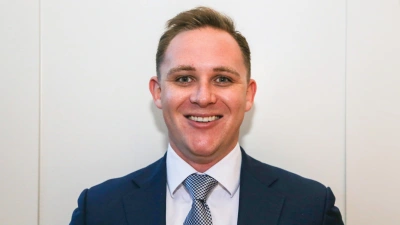Advisers feel they are under ‘constant threat’


Financial advisers today are having to work harder and faster to futureproof their businesses, according to Allan Gray.
The fund manager found there were three common themes across its Australian, UK, and South African markets which were ongoing regulatory developments, technology advancements, fee scrutiny and questions around the benefit of advice.
Allan Gray Australia’s chief operating officer, JD de Lange, said it was “frightening” that one-third of advisers in a survey said that they would leave the industry within the next year or two.
He said the increasing compliance burden, a loss of revenue in the form of commissions or rebates, a drop in practice valuations, and the stress of meeting new educational requirements contributed to the situation in Australia.
“We last saw adviser sentiment this low in 2010 following the global financial crash and it makes it very hard to grow the industry and encourage new entrants to join because advisers feel under constant threat,” he said.
“There are about 10% fewer advice clients than five years ago, which has created fee pressure for advisers. As a result, advice has become extremely expensive even by Australian terms.
“In an asset-based-fee world, the discussions were more investment focused and price was a function of assets under management. Today an advice plan needs a structuring fee and an ongoing management fee both based on the value proposition offered by the adviser.
“A new proposal costs $3,600 or more to deliver, while the annual fee could easily be more than double that. This all means the adviser needs to have a very clear and quantifiable value proposition.”
Recommended for you
As artificial intelligence becomes increasingly commonplace in Australia’s financial services sector, over half of workers fear it poses a threat to their job security, the FSU has unearthed.
Financial services firm Link Wealth has purchased a majority stake in a Hobart-based advice business, its latest move as it makes a strategic expansion across the country.
The Financial Services and Credit Panel has cancelled the registration of an NSW adviser for two years as it felt he displayed a ‘level of incompetence’ in providing advice to his clients.
Industry bodies have welcomed a government announcement that it will reform the education standards for financial advisers by opening up the number of approved degrees that students can undertake.














